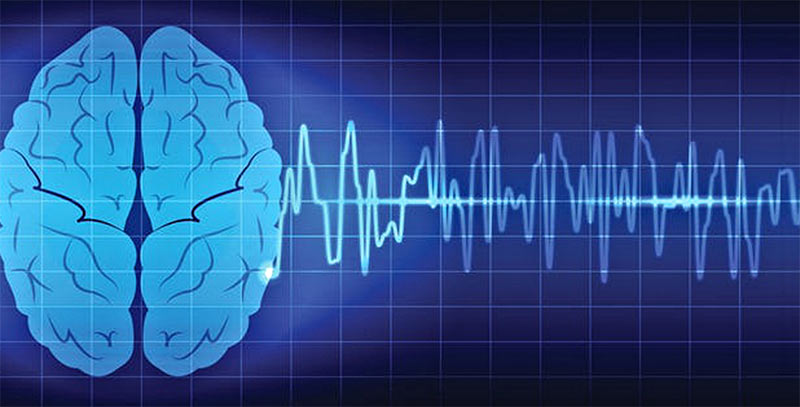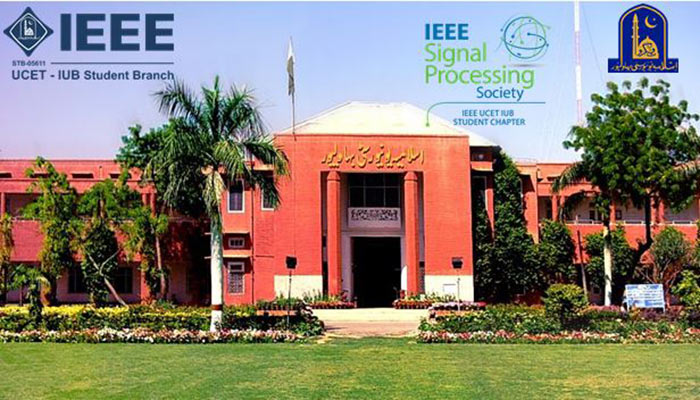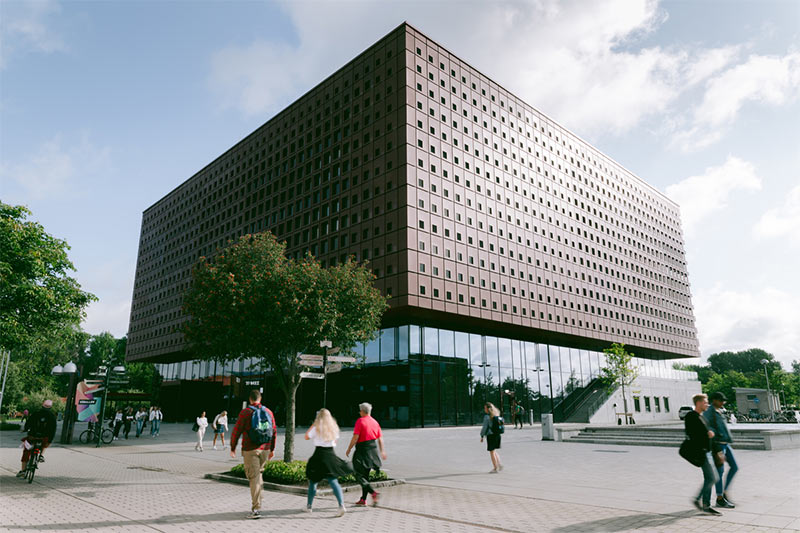SAM TC Webinar: Maria Sabrina Greco
Date: April 20, 2022
Time: 9:00 AM ET (New York Time)
Title: Cognitive Radar Systems: the road to reality
Registration | Full webinar details
Over the past fifteen years, “cognition” has emerged as an enabling technology for incorporating learning and adaptivity on both transmit and receive to optimize or make more robust the radar performance in dynamic environments.The term ‘cognitive radar’ was introduced for the first time by Dr. Simon Haykin in 2006, but the foundations of the cognitive systems date back several decades to research on knowledge-aided signal processing, and adaptive radar design.

Date: April 20, 2022
Time: 9:00 AM ET (New York Time)
Title: Cognitive Radar Systems: the road to reality
Registration | Full webinar details

Date: May 17, 2022
Time: 10:30 AM ET (New York Time)
Title: Nonconvex Optimization Meets Low-Rank Matrix Factorization
Registration | Full webinar details
With 5G being a reality, what will 6G be? Extensive discussions have been initiated around possible paradigm shifts and new technologies for 6G in recent years. With this summer school, we aim at providing a comprehensive roadmap about fundamental theory, emerging applications, and possible enabling technologies for 6G.

June 6-10, 2022
Registeration Deadline: May 29, 2022
Location: India

May 26-27, 2022
Registeration Deadline: May 20, 2022
Location: Bahawalpur, Pakistan

Date: August 29-September 1, 2022
Registeration Deadline: N/A
Location: Sweden